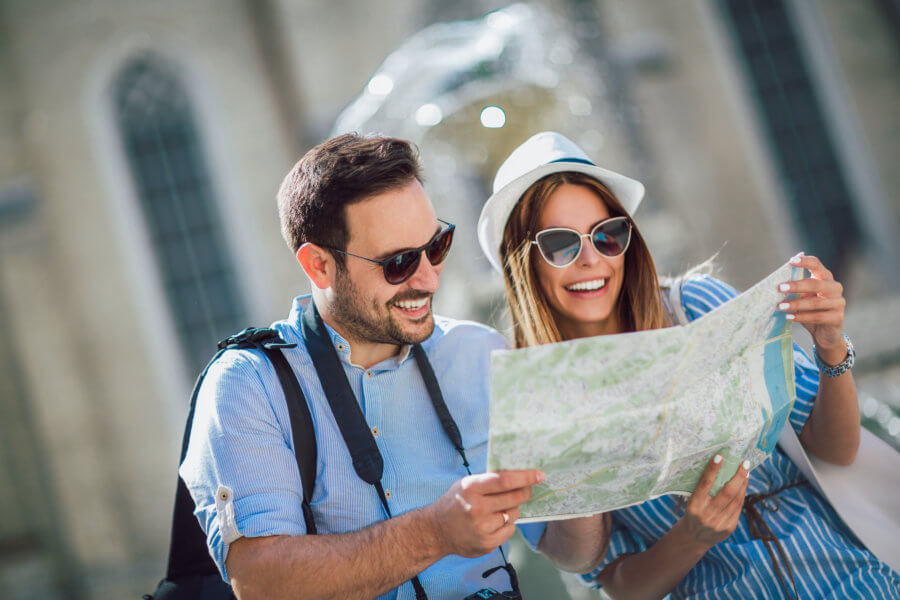
The Most Helpful 15 Tips for Travelers 2024
Planning your next adventure? Geared up and ready to go isn’t enough! Arm yourself with knowledge and avoid common pitfalls. Here are most helpful traveling Tips For Travelers, Learn how to save money, stay safe, and truly experience the world like a pro. Get ready to make your trip unforgettable.
The Most Helpful Tips for Travelers
In the ever-evolving world of travel, staying informed and prepared can make all the difference between a smooth, enjoyable journey and a stressful experience. To help you navigate the exciting world of exploration in 2024, here are 15 of the most helpful travel tips that will have you packing like a pro, navigating like a local, and maximizing your adventures. From budget hacks and hidden gem discoveries to safety essentials and tech must-haves, this list equips you with the knowledge to create unforgettable travel memories. So, grab your passport, embrace the spirit of wanderlust, and get ready to embark on incredible adventures with these practical and insightful tips by your side!
- Be informed and flexible
- Embrace technology
- Pack smart
- Prioritize health and safety
- Connect with locals
- Be a responsible tourist
- Plan for hidden costs
First Time Travelers Tips for Planning
Be informed and flexible:
In a world of constant change and unforeseen challenges, the ability to be both informed and flexible is a powerful asset. This dynamic duo allows us to navigate complexities, make sound decisions, and thrive in uncertain environments.
Being Informed:
- Foundation of Knowledge: A strong foundation of knowledge is the cornerstone of being informed. It can involve actively seeking out new information through reliable sources, engaging in critical thinking, and learning from diverse experiences.
- Awareness of Surroundings: Being informed also encompasses awareness of your surroundings. It requires active listening, observation, and a willingness to learn from the world around you.
- Continuous Learning: The world is constantly evolving, and so should your knowledge base. This can involve staying updated on current events, exploring new ideas, and challenging your own assumptions.
Flexibility:
- Adaptability: Flexibility is about being adaptable to change. A flexible person can roll with the punches and find creative solutions to problems.
- Open-mindedness: Open-mindedness is a key component of flexibility. It involves being receptive to new ideas, perspectives, and approaches. A closed mind limits your options and hinders your ability to adapt.
- Embracing Change: Flexibility requires embracing change, not resisting it. A flexible person can see the positive side of change and use it to their advantage.
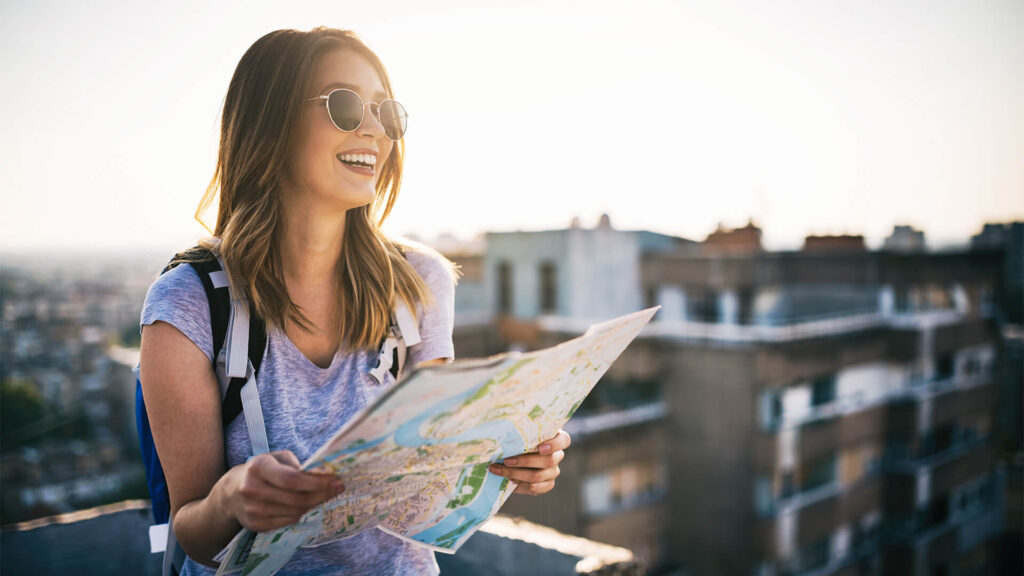
Embrace technology:
Technology is woven into the fabric of our lives. From the smartphones in our pockets to the complex machinery that underpins our society, it shapes how we communicate, work, learn, and even play. Embracing technology goes beyond simply using these tools; it’s about recognizing their potential and actively incorporating them to improve our lives.
- Enhanced Efficiency: Technology automates tedious tasks, freeing up our time and energy for more creative pursuits. From scheduling appointments to analyzing data, machines can handle the heavy lifting, allowing us to focus on higher-level thinking and problem-solving.
- Boundless Communication: We can connect with anyone, anywhere in the world instantly. Video calls bridge geographical divides, social media platforms foster communities, and online collaboration tools enable teamwork across borders.
- Knowledge at Your Fingertips: Information is no longer confined to libraries and textbooks. The internet provides a vast repository of knowledge, allowing us to learn new skills, explore different cultures, and stay informed on current events.
- The Human Touch: Technology should complement our humanity, not replace it. Face-to-face interaction, empathy, and critical thinking remain irreplaceable skills.
- Privacy and Security: As we rely more on technology, concerns about privacy and security rise. Being mindful of what information we share online and practicing safe digital habits is key.
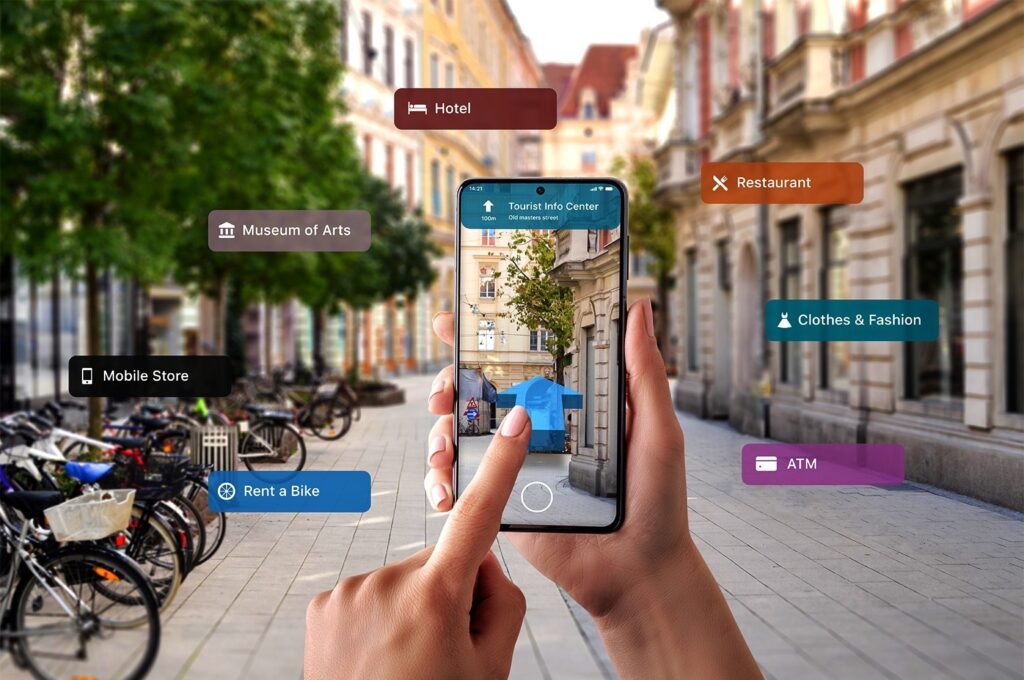
Pack smart:
Packing smart is an art form, a way to ensure your trip or project goes smoothly without unnecessary stress or wasted space. It’s about bringing what you truly need while avoiding the burden of excess. Here’s a detailed breakdown to help you master the art of packing smart. Write down Tips for Travelers everything you think you might need, from clothing and toiletries to electronics and chargers. This helps visualize what you’re packing and avoid last-minute scrambling. Once you have a list, be ruthless! Can you multi-purpose items? Do you really need that “just in case” outfit?
Packing Techniques:
- The roll it method: Rolling clothes instead of folding them minimizes wrinkles and saves space. Start by laying the garment flat, then roll tightly from the bottom up.
- Packing cubes: These compartmentalized bags help organize your clothes by category (shirts, pants, underwear) making it easier to find what you need and keeping your luggage tidy.
- Utilize dead space: Fill shoes with socks or rolled-up delicates. Stuff bulky items like jackets or sweaters into empty spaces around your luggage frame.
What to Pack:
- Clothing: Focus on versatile pieces you can mix and match to create multiple outfits. Choose neutral colors as a base and pack a few pops of color with accessories. Consider quick-drying fabrics for travel washing.
- Shoes: Pack only the shoes you’ll absolutely need. Choose versatile pairs that can be dressed up or down.
- Toiletries: Pack travel-sized versions of your essentials. Consider using refillable containers for liquids to save space and comply with airline restrictions.
- Essentials: Don’t forget chargers, adapters, medications, a first-aid kit, and important documents like your passport and itinerary.
Pro Tips:
- Layering is key: Pack layers so you can adjust to different temperatures.
- Leave room for souvenirs: You might find some treasures you want to bring back home, so pack with a little extra space in mind.
- Download entertainment: Load your devices with movies, music, or audiobooks for long journeys.
- Pack a reusable bag: This can be a lifesaver for unexpected shopping trips or carrying laundry.

Prioritize health and safety:
A fantastic adventure awaits, but before you embark on your journey, prioritizing health and safety is key. By planning Tips for Travelers ahead and taking necessary precautions, you can ensure a smooth, enjoyable, and most importantly, healthy trip. Here’s a detailed breakdown to help you prioritize health and safety throughout your travels. By following these tips and prioritizing your health and safety, you can ensure a worry-free and enjoyable travel experience. Remember, a little preparation goes a long way in making your adventure a success.
- Vaccinations: Ensure you have all the recommended vaccinations for your destination at least 6-8 weeks before your trip.
- Medications: Pack any medications you regularly take, along with a doctor’s prescription if needed. Consider packing over-the-counter medications for common ailments like headaches, upset stomachs, and allergies.
- Travel insurance: Invest in travel insurance that covers medical emergencies, trip cancellations, and lost luggage.
- Pack a first-aid kit: Include essential items like bandages, antiseptic wipes, pain relievers, and medication for common ailments.
- Sun protection: Pack sunscreen, sunglasses, and a hat, especially for sunny destinations.
- Insect repellent: Choose a DEET-based insect repellent for areas with mosquito-borne diseases.
- Comfortable shoes: Pack comfortable walking shoes suitable for the terrain you’ll be exploring.
- Copies of important documents: Make copies of your passport, ID, travel insurance documents, and prescriptions. Consider keeping digital copies as well.
- Stay Hydrated: Drink plenty of bottled water, especially in hot climates, to avoid dehydration.
- Be Mindful of Food and Water Safety: Be cautious about what you eat and drink. Opt for cooked, peeled fruits and vegetables, and avoid street food if hygiene is questionable. Stick to bottled water or purified water.
- Practice Good Hygiene: Wash your hands frequently with soap and water, especially before eating and after using the restroom. Carry hand sanitizer for situations where soap and water aren’t available.
- Be Sun Safe: Apply sunscreen liberally and reapply throughout the day, especially after swimming or sweating.
- Be Aware of Your Surroundings: Stay alert and aware of your surroundings, especially in unfamiliar areas. Avoid walking alone at night or in deserted areas.

Connect with locals:
There’s a certain magic that unfolds when you connect with locals during your travels, or even in your own hometown. It’s about transcending the tourist experience and stepping into the authentic rhythm of a place. Here’s a breakdown of how to foster these meaningful connections.
By following these Tips for Travelers, you’ll open yourself up to a richer, more immersive travel experience (or even enhance your life in your own city). Remember, the heart of a place lies in its people, and by connecting with locals, you’ll discover a hidden layer of authenticity that guidebooks just can’t capture.
- Embrace the Local Lingo: Even a basic greeting, “hello,” “please,” and “thank you” in the local language, shows respect and effort. It becomes an icebreaker and opens doors to further interaction.
- Become an Active Listener: Give your full attention. Listen not just to words, but also the tone and emotions behind them. This fosters a deeper connection and shows genuine interest.
- Show Genuine Interest: People love sharing their passions and hometown pride. Ask open-ended questions about their lives, traditions, and favorite spots.
- Seek Out Local Haunts: Ditch the generic cafes and overpriced restaurants. Explore local markets, family-run eateries, or neighborhood bookstores. These everyday spaces are where you’ll find the true essence of a place.
- Strike Up Conversations: Don’t be afraid to chat with the shopkeeper, the barista, or someone reading at the next table. A simple, “This looks delicious, what would you recommend?” can blossom into a warm conversation.
- Join Local Events: Look for festivals, cultural gatherings, or even cooking classes. These provide a platform to interact with people who share similar interests.
- Volunteer Your Time: Contributing to a local cause is a fantastic way to connect with the community. It allows you to experience the local spirit firsthand while giving back.
- Language Exchange Apps: Connect with locals who want to practice your language while you learn theirs. This is a mutually beneficial way to build friendships and cultural understanding.
- Local Meet-Up Groups: There might be online groups dedicated to hobbies, interests, or even expat communities in your area. Join these to find people with shared passions.
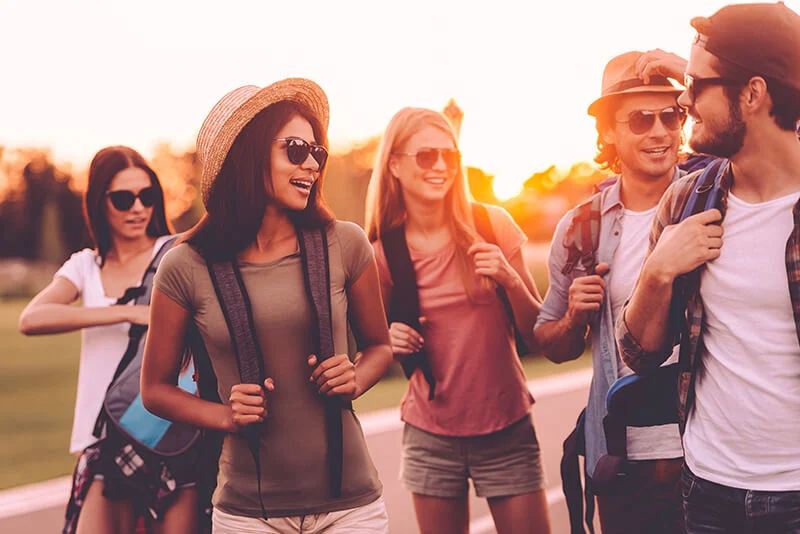
Be a responsible tourist:
Traveling broadens horizons and fosters connection, but it also comes with the responsibility to minimize negative impacts. Responsible tourism is about being a conscious traveler who respects the places you visit, their people, and the environment. Here’s how you can embrace responsible tourism on your next adventure. By following these principles, you can become a responsible tourist who makes a positive impact on the destinations you visit. Remember, travel is a privilege, and with it comes the responsibility to care for the places and people that enrich your journey.
- Do your research: Learn about the local customs, traditions, and dress codes before you go. This shows respect and avoids unintentional offense.
- Support local businesses: Choose locally-owned restaurants, shops, and accommodation. This injects money directly into the community.
- Be mindful of your behavior: Avoid loud noises or disrespectful gestures in religious places or culturally sensitive areas.
- Bargain fairly: Haggling can be part of the experience, but be fair and avoid lowballing prices that devalue local goods.
- Learn a few phrases: A little effort goes a long way. Basic greetings and thank yous in the local language are appreciated.
- Pack light: Opt for travel-sized toiletries and choose clothing you can mix and match to reduce laundry needs, conserving water.
- Be mindful of your energy consumption: Turn off lights and electronics when not in use, and consider eco-friendly accommodation options.
- Respect wildlife: Don’t disturb animals, don’t feed them, and avoid activities that exploit them for entertainment.
- Leave no trace: Always pack out all your trash and avoid disturbing natural environments. Stick to designated trails and respect wildlife habitats.
- Choose eco-friendly transportation: Opt for trains, buses, or public transportation when possible. If you do rent a car, consider fuel-efficient options.
- Offset your carbon footprint: Consider carbon offset programs to mitigate the environmental impact of your travel.
- Support responsible tourism initiatives: Research and choose travel companies committed to sustainable practices and community development.
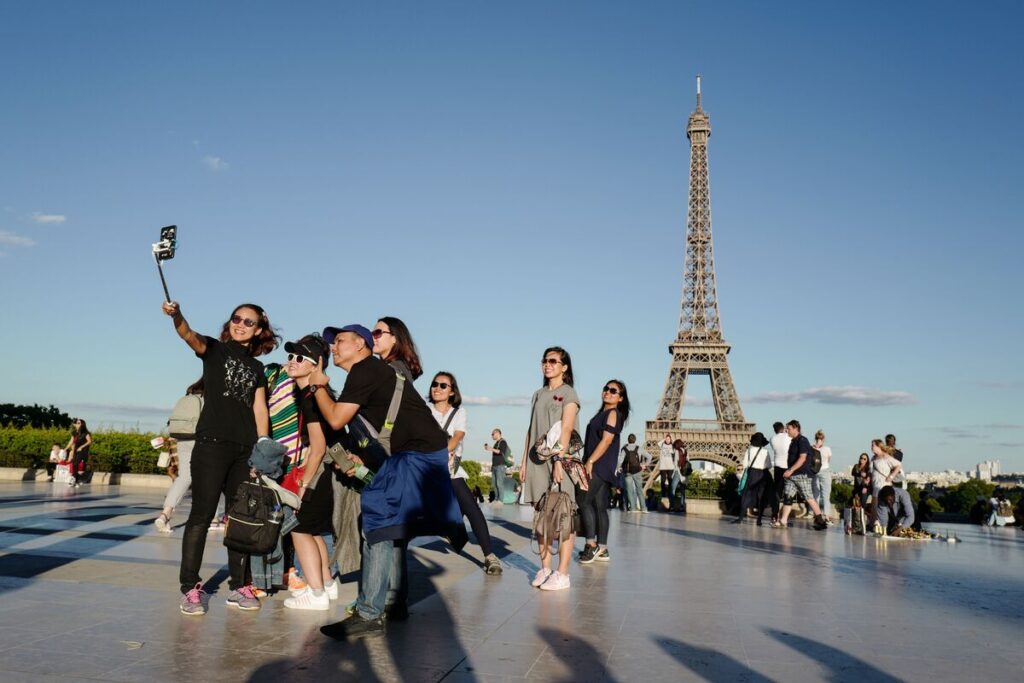
Plan for hidden costs:
Travel opens doors to incredible experiences, but lurking behind those doors can be surprise expenses that derail your budget. Fear not, intrepid explorer! With a little planning, you can turn hidden costs into manageable bumps on the road to adventure. Here’s a detailed breakdown to help you factor in those sneaky travel expenses.
- Currency Conversion: Exchange rates and fees can eat into your spending money. Research currency exchange options before you depart. Consider a travel-friendly credit card with low foreign transaction fees or a travel debit card that avoids dynamic conversion fees.
- Visas and Entry/Exit Taxes: Not all destinations grant visa-free entry. Research visa requirements and costs well in advance. Some countries also levy departure taxes payable at the airport.
- Travel Insurance: Unexpected medical emergencies or trip cancellations can be financially devastating. Travel insurance provides peace of mind and can save you a fortune in case of unforeseen circumstances.
- Airport Transportation: Getting from the airport to your accommodation can be expensive. Research public transport options, shared shuttles, or ridesharing apps in advance. Factor these costs into your travel plans.
- Resort Fees: Many hotels tack on additional “resort fees” that cover amenities like pool access or wifi. Read the fine print before booking to avoid surprises.
- Activities and Excursions: Free walking tours and museum discounts can be lifesavers. Research budget-friendly activities and attractions before you go.
- Food and Drinks: Bottled water and tourist-trap restaurants can drain your wallet. Research affordable local eats and pack a reusable water bottle to save money.
- Minibars and Room Service: The convenience of minibar snacks and room service comes at a premium. Stock up on water and basic supplies at a local store to save money.
- Baggage Fees: Checked baggage fees can add a hefty sum to your airfare. Consider packing light or utilizing airlines that include a checked bag in the ticket price.
- Local Transportation: Factor in the cost of getting around your destination city. Research public transport passes, local taxi fares, or bike rental options.
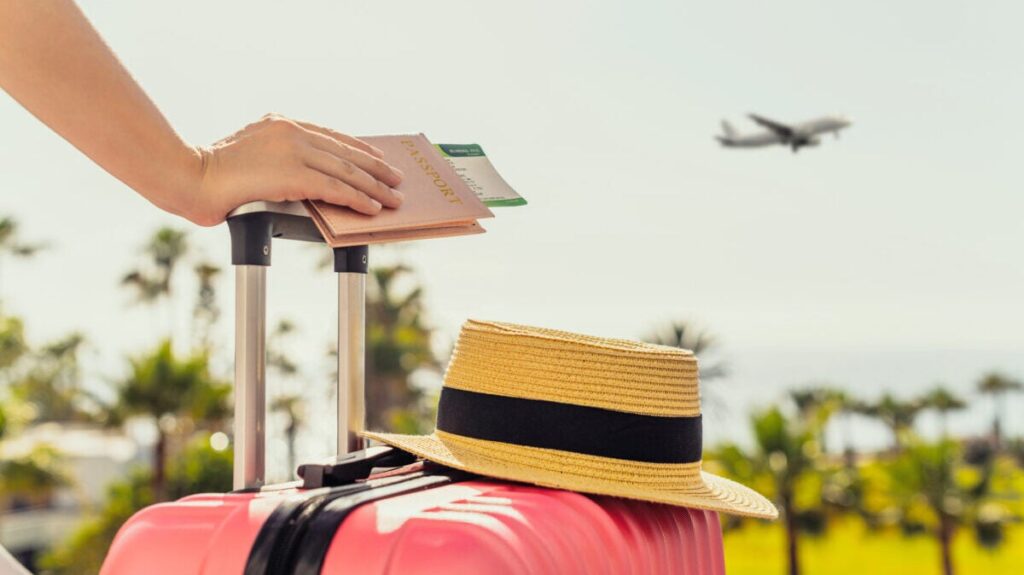
Thanks for reading! Do you have any questions about reflective blankets or other travel essentials? Leave a comment below! This opens the door for further conversation and demonstrates you value their input.
